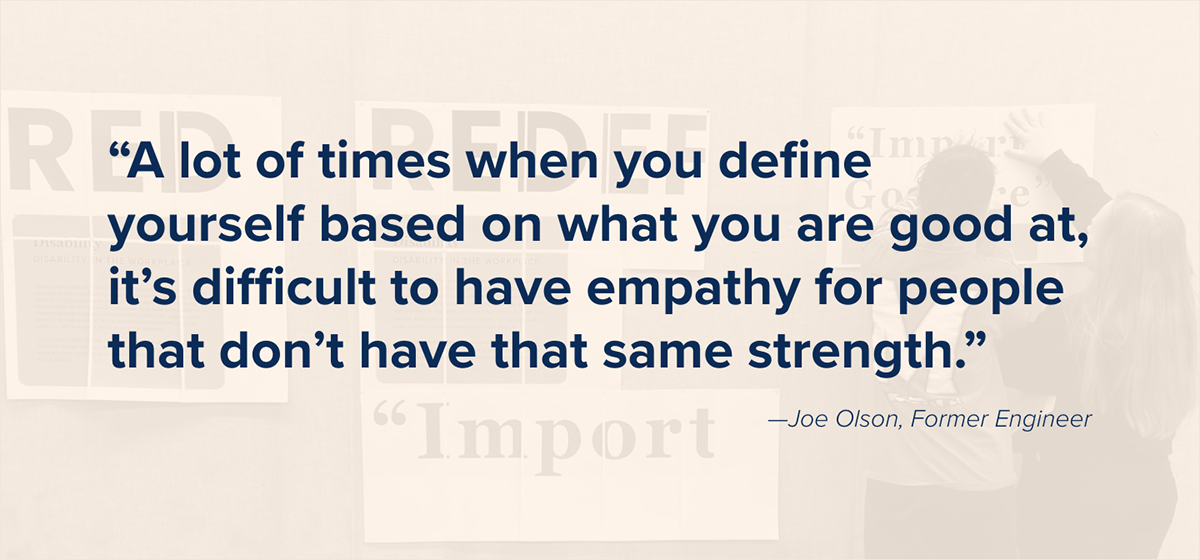
Identify the Myth. Know Your Truth.



Confront/ABLE
Grabbed the arm of a blind person to guide them or push someone’s wheelchair without asking first?
Assumed that ability made some bodies better than others?
Felt entitled to inquire about why or how a stranger became disabled?
Felt pity for someone who had a disability?
Gotten inspired by watching someone with a disability perform a task that you take for granted?
Diseased. Lame. Crazy. Idiot. Moronic. Crippled. Blind. Gimp. Retarded.
Too often we use disability terms as insults and in other negative ways. Can you recall a time when you or others have used one of these terms? If so, did you realize a population was being used as a put-down? Ableism is a term that refers to prejudice or discrimination toward those with disabilities and a preference for fully able-bodied people. As with sexism, racism, and other “isms,” ableism is a system of oppression. Using terms such as the ones above is a form of ableism.
Undoing our society’s ableist behavior and attitudes take a conscious effort, especially when it is all around us. Titles and lyrics to songs such as Beyoncé “Crazy in Love,” Lady Gaga’s “Stupid Love,” Frank Sinatra’s “Somethin’ Stupid,” the Rolling Stones’ “Blinded by Love” or “She’s a Maniac” from Flashdance normalize and desensitize us to ableist language. By changing the terms you use, you can help undo our culture’s ableist tendencies.

What is your take on ableism!
Were you aware of the terms listed here that were ableist? Do you have a story to tell about unknowingly using one of these terms?
You can share your story one of three ways:
– Download the free Be Here Stories app for iPhone, open the app, click SPEAK, and then select Stories About Other Places and Experiences
– Call 1-833-TEL-STRY (1-833-835-7879) to record your story.
– Record directly on our website.
